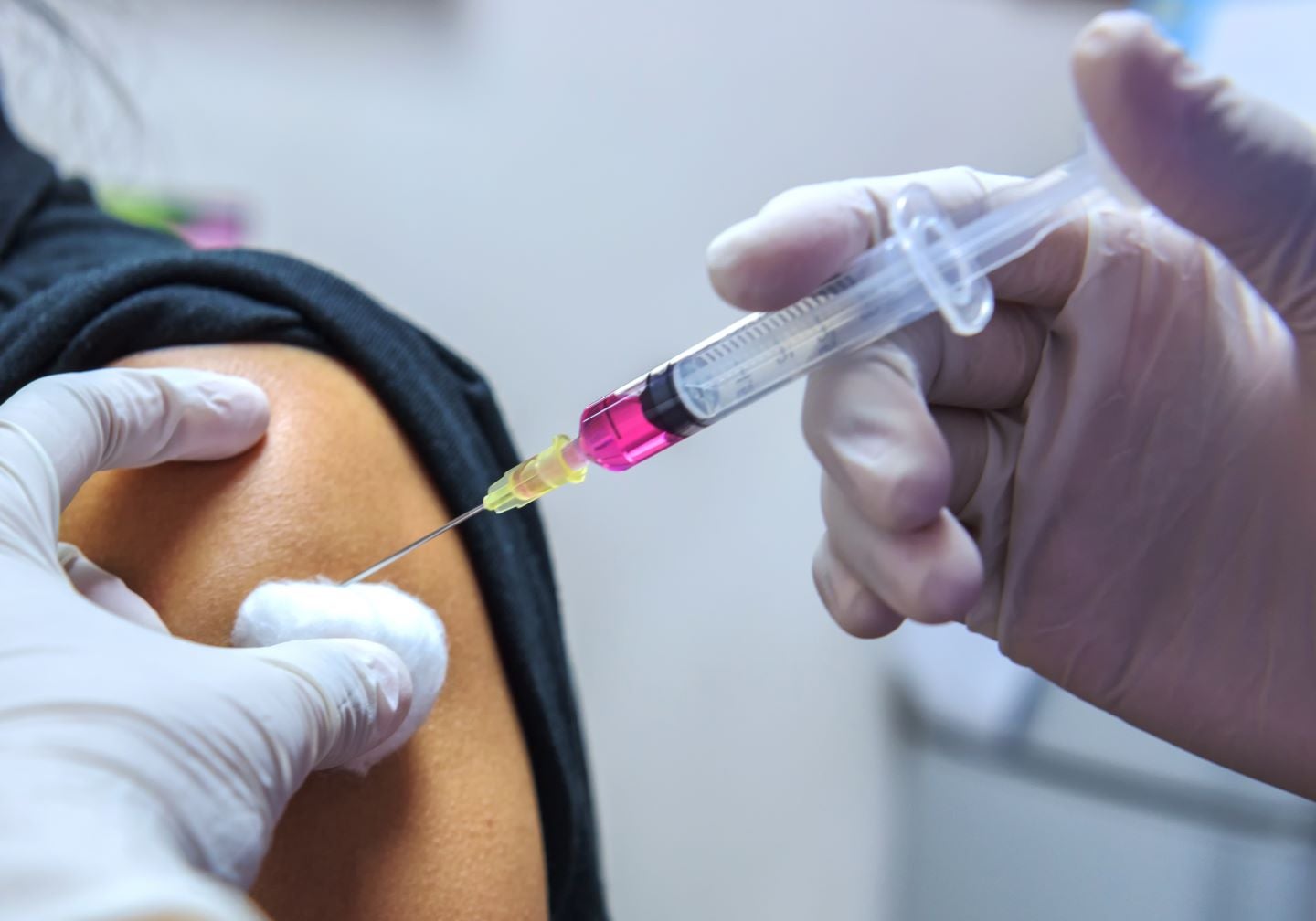AstraZeneca’s live attenuated influenza vaccine (LAIV), FluMist, is an intranasal inoculation that was first approved as a trivalent vaccine in the US and Europe in 2003 and 2011, respectively.
On 27 March 2023, nearly a decade after Daiichi Sankyo received an exclusive licence from AstraZeneca to develop and commercialise FluMist Quadrivalent in Japan, the Ministry of Health, Labour, and Welfare confirmed its approval, making it the first for an intranasal vaccine in Japan. FluMist Quadrivalent will be available for use in Japan for the 2023–24 influenza season for children aged 2–18 years.
LAIVs such as FluMist Quadrivalent are particularly effective because of their route of administration. Unlike traditional vaccines, which are administered as injections, LAIVs enter the body via the nasopharynx—the same route as the influenza virus. By administering the vaccine intranasally, this allows for an increase in mucosal immunity, thereby providing an increased first line of defence. LAIVs are also advantageous for the pediatric population, as young children can often be resistant to needles. FluMist Quadrivalent reported a 72% vaccine effectiveness among children ages 2–17 years in the UK during the 2021–2022 influenza season.
AstraZeneca’s reported global sales for FluMist Quadrivalent for the 2022–2023 influenza season reached $175m. However, Europe dominated the market share with $151m (>86%) in sales. Following this, the US was responsible for $21m (12%) in sales, with the rest of the world (ROW) sales making up the remaining $3m (<2%).
The approval of FluMist Quadrivalent in Japan has the potential to address an unmet need for more effective and convenient immunisation of the paediatric population. However, key opinion leaders (KOLs) in Japan who were interviewed by GlobalData in July demonstrated limited awareness of the vaccine and did not express plans to use it for the upcoming influenza season. One potential barrier to the uptake of FluMist Quadrivalent in Japan is the infrastructure surrounding health insurance policies. With the exception of patients ages 65 years and older, as well as patients ages 60–64 years with a qualifying underlying health condition, seasonal influenza vaccines are not covered by health insurance in Japan. As such, parents must pay to vaccinate their children. Additionally, doctors cannot choose which vaccine they administer to patients. Medical institutions calculate the number of vaccines needed for the entire influenza season and place an order from a single manufacturer. Medical institutions may be reluctant to order FluMist Quadrivalent, as it is only approved for a subset of patients who are not covered to receive the vaccine free of charge.
FluMist Quadrivalent is almost exclusively administered to children aged 2–17 years in the UK, where it is sold under the name Fluenz Tetra. The National Health Service (NHS) runs an annual program in which the LAIV is offered to children through their school’s vaccination program. Children from reception (aged 4–5 years) through year 11 (aged 15–16 years) are eligible to receive the vaccine free of charge.

US Tariffs are shifting - will you react or anticipate?
Don’t let policy changes catch you off guard. Stay proactive with real-time data and expert analysis.
By GlobalDataKOLs from the UK considered the school immunization program to be highly beneficial, particularly as these types of programs are generally unavailable in other countries around the world. They cited numerous benefits to utilising the LAIV among children. These include the proven effectiveness of the vaccine, the mucosal immunity derived from the route of administration, the ease of administration, and the cost-effectiveness of the vaccine. Regarding the future of seasonal influenza vaccines, UK KOLs stated that they would like to see an increase in intranasal vaccine options, citing mucosal immunity as the top benefit. According to GlobalData’s pipeline product database, there are 24 intranasal vaccines in development for influenza infections globally, seven of which are LAIVs, indicating some degree of commercial interest in the further development of these vaccines.






